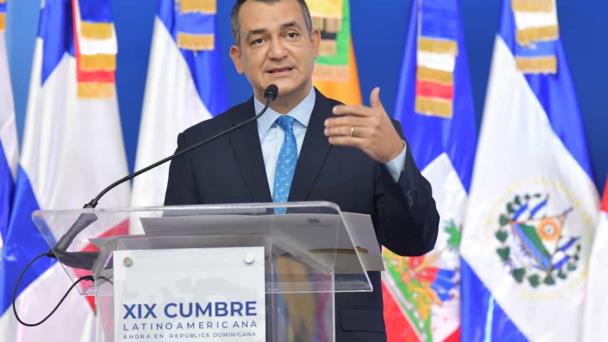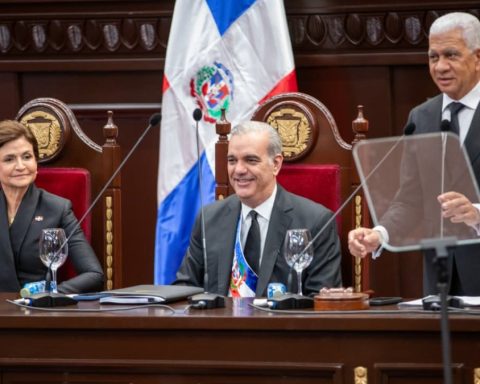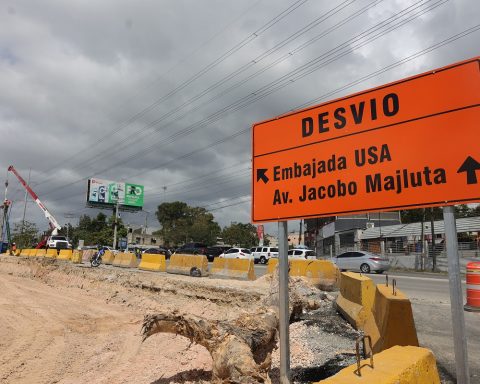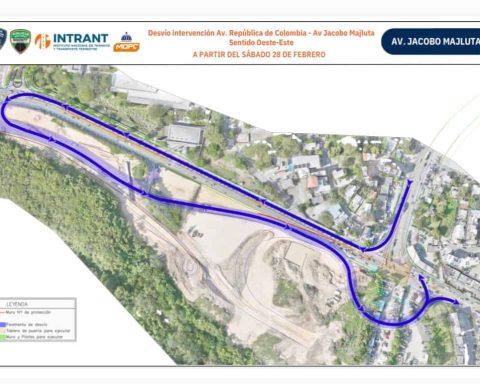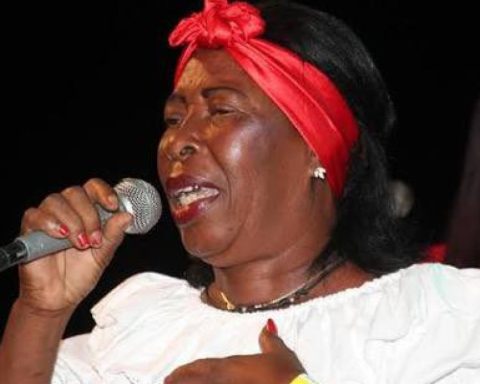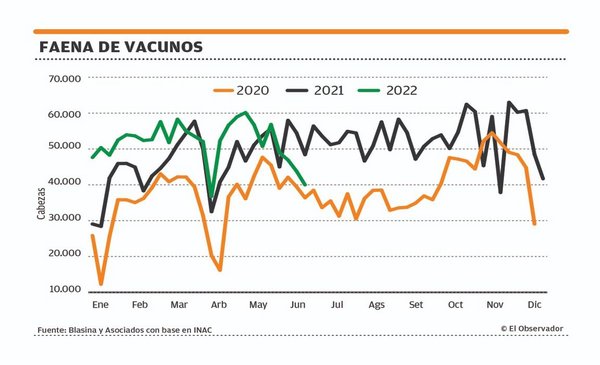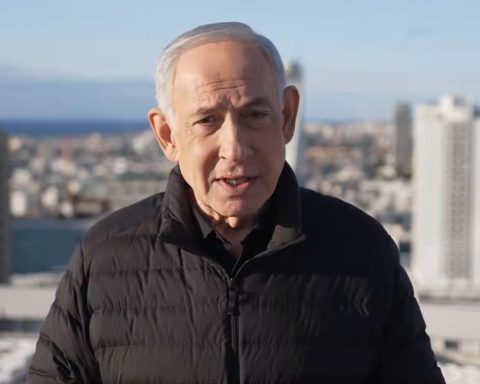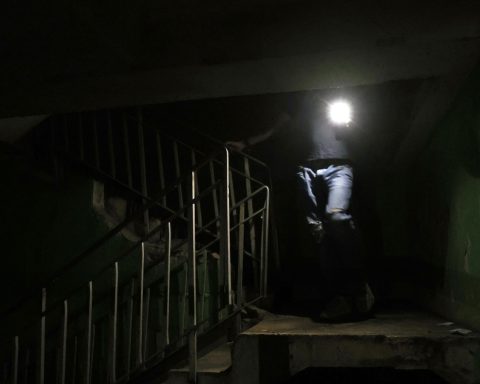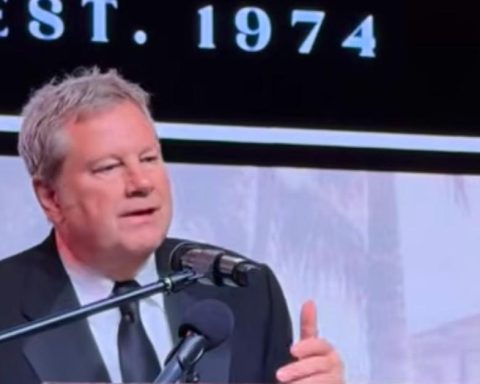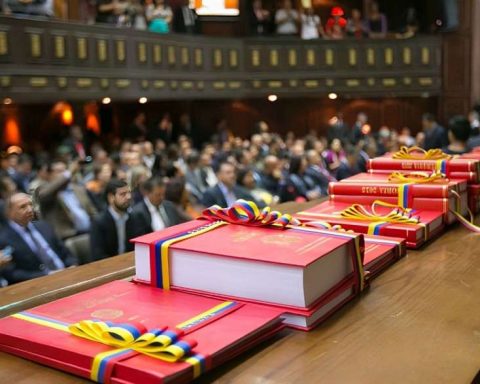The president of the Central Electoral Board (JCE), Román Andrés Jáquez Liranzo, affirmed this Sunday that “it is urgent” to approve proposals to modify the electoral laws and hold elections in accordance with international parameters.
He made the statement during his conference “The need for electoral reform: relevant aspects” in the framework of the XIX Latin American Congress that took place from July 8 to 10 at the Ministry of Foreign Affairs (Mirex).
He stated that “inclusive, clean and competitive elections require an adequate legal framework and that it be the consequence of a broad consensus of political actors”.
The president of the board warned that time is running out to make these reforms, according to a press release provided by the JCE.
“We are aware that the electoral reforms are political decisions, but the leadership that decides them must understand and prioritize democracy and the development of its electoral system over circumstantial individualities, because the reform that is needed is not patchwork, it is for the future and integral”, he added.
According to Jáquez, the next legislature is the reasonable time limit for the National Congress to “bring to fruition” what has been proposed.
According to a note from the entity, Román said that the Board presented and delivered to political organizations, civil society and the National Congress, the proposal to modify more than 120 articles of Laws 15-19 of the Electoral Regime and 33-18 of Political Parties, Movements and Groups.
Modifications
According to the president of the Board during the conference, the proposal presented establishes an average pre-campaign period of 60 days, as well as limits both for expenses and for pre-campaign and campaign contributions.
The proposal consists of reducing by 75 percent the amounts that the law allows spending for each of the positions of popular election during the pre-campaign and by 65 percent the limits during the campaign.
Regarding the electoral debates, he pointed out that the local electoral jurisdiction has established that holding electoral debates strengthens democracy and fosters the construction of an electorate that is more linked to the political discourse proposed by the different actors in the system.
Regarding the proposals related to the principle of parity, he said that it is proposed that the lists of candidates for positions of popular election in multi-member constituencies (deputations, councilors and councilors) be made up of 50% women and 50% men.
